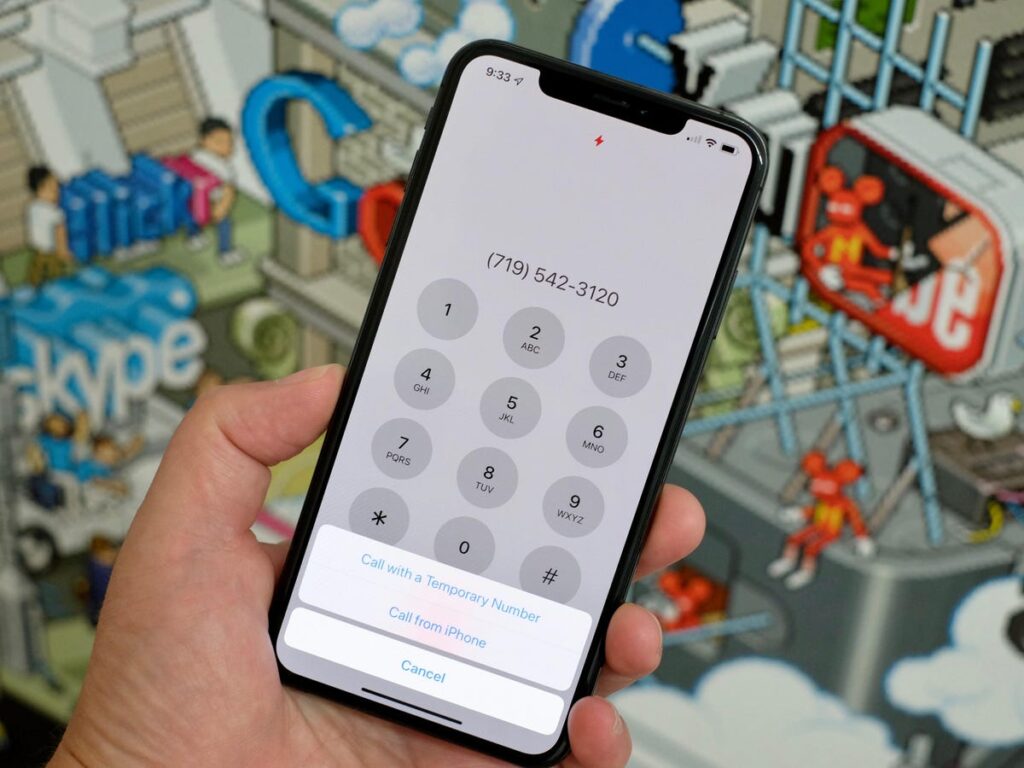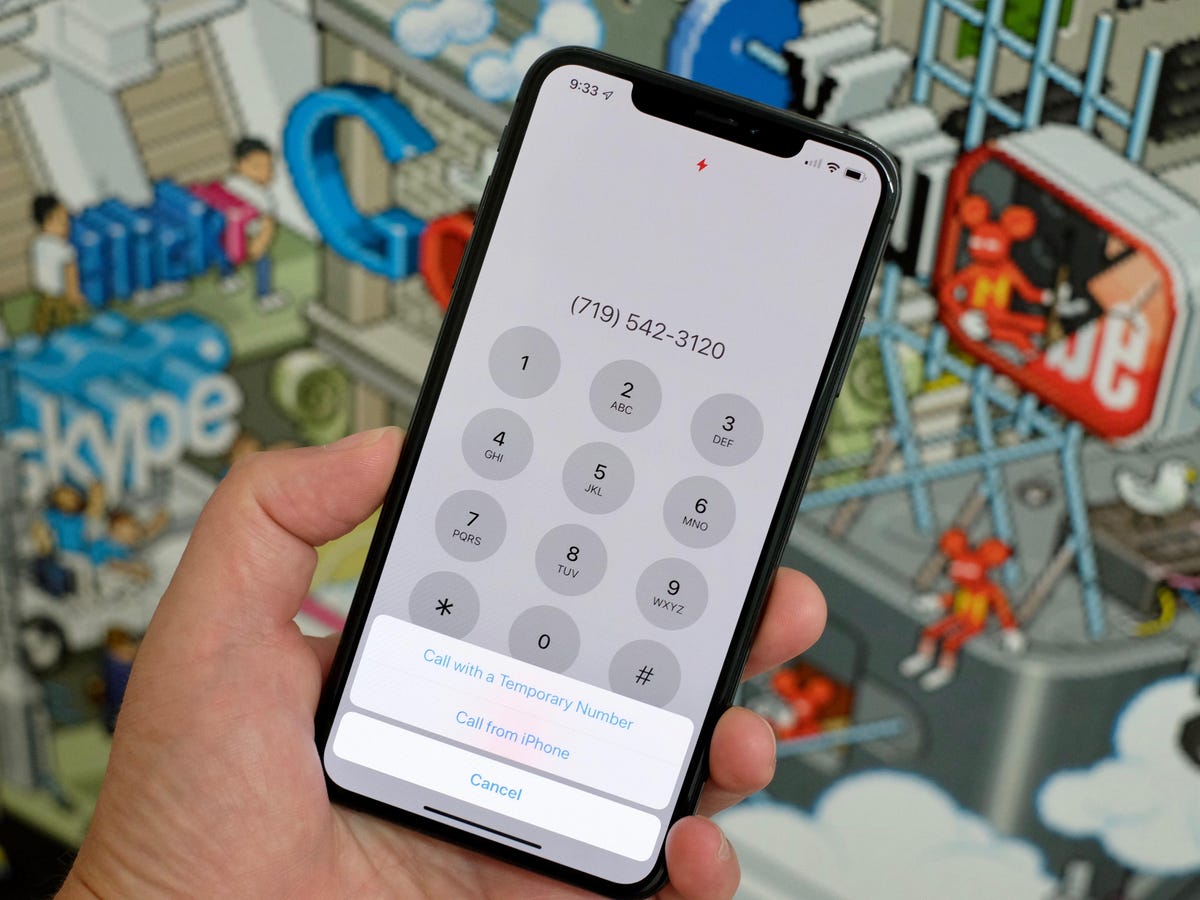
Navigating the World of Random Phone Numbers: A Comprehensive Guide
Have you ever wondered about the purpose or potential uses of random phone numbers to call? Perhaps you’re curious about the technology behind generating them, or maybe you’re exploring options for testing communication systems. Whatever your reason, understanding the landscape of random phone numbers is crucial. This comprehensive guide will delve into the intricacies of random phone numbers, exploring their diverse applications, ethical considerations, and practical advice for responsible usage. We aim to provide a resource that not only answers your immediate questions but also equips you with the knowledge to navigate this topic with confidence and informed awareness.
Understanding Random Phone Numbers: More Than Just Digits
At first glance, a random phone number might seem like a meaningless sequence of digits. However, the creation and use of these numbers are governed by specific protocols and serve various purposes. A random phone number to call is essentially a phone number generated without a specific target or recipient in mind. This contrasts with a phone number obtained from a directory or contact list. The ‘randomness’ is often algorithmic, designed to produce numbers that conform to valid numbering plans but are not necessarily assigned to a real person or business.
The concept of random phone numbers has evolved alongside telecommunications technology. In the early days of telephony, generating random numbers was a manual process, relying on chance or simple algorithms. Today, sophisticated software and algorithms are used to create large sets of random phone numbers quickly and efficiently. This evolution has broadened the scope of their applications, from testing communication systems to conducting market research and beyond.
It’s important to understand the regulatory landscape surrounding phone numbers. Telephone numbers are a finite resource, managed by national and international regulatory bodies. While generating random numbers is generally permissible, using them for unsolicited marketing calls or other unethical purposes can have serious legal consequences. Responsible usage is paramount.
Twilio: A Platform for Programmable Communication and Random Number Generation
When discussing random phone numbers, it’s essential to consider the platforms that facilitate their generation and utilization. Twilio is a leading cloud communications platform that offers a range of services, including the ability to programmatically generate and interact with phone numbers. While Twilio doesn’t explicitly offer a feature called “random phone number generator,” its powerful API allows developers to create solutions that can achieve this, adhering to ethical and legal guidelines.
Twilio provides the infrastructure for sending and receiving SMS messages, making and receiving phone calls, and building other communication-based applications. Developers can leverage Twilio’s API to create custom applications that generate phone numbers within specific area codes or numbering plans. These numbers can then be used for various legitimate purposes, such as testing call routing, verifying phone number formats, or conducting controlled experiments.
The key is that Twilio provides the tools; the user is responsible for ensuring that the application of those tools is ethical and compliant with regulations. Twilio has strict policies against spam and other forms of abusive communication, and users who violate these policies risk having their accounts suspended.
Key Features of Twilio Relevant to Random Phone Number Applications
Twilio’s platform offers several features that are particularly relevant to developers working with random phone numbers. These features provide the flexibility and control needed to build sophisticated communication applications while ensuring compliance with industry standards.
- Programmable Voice: Twilio’s Programmable Voice API allows developers to make and receive phone calls programmatically. This is crucial for testing call routing and verifying the functionality of phone systems. You can simulate calls to randomly generated numbers to ensure your system handles various call scenarios correctly.
- Programmable SMS: With Programmable SMS, you can send and receive text messages using Twilio’s API. This feature is useful for testing SMS delivery and verifying phone number validity. Sending a test SMS to a randomly generated number (within a defined range) can confirm whether the number is active and reachable.
- Number Lookup: Twilio’s Number Lookup API provides detailed information about a phone number, including its type (mobile, landline, VoIP), carrier, and location. This feature can be used to validate randomly generated numbers and ensure they are in a valid format. Before using a randomly generated number, you can use Number Lookup to verify that it is a valid and active number.
- Geo Permissions: Twilio allows you to restrict the countries to which you can make calls or send SMS messages. This is important for complying with international regulations and preventing accidental calls to unintended recipients. When generating random numbers, you can use Geo Permissions to ensure that the numbers fall within allowed geographic regions.
- Call Recording: Twilio’s call recording feature allows you to record phone calls for quality assurance or compliance purposes. This can be useful for documenting test calls made to randomly generated numbers.
- TwiML: Twilio Markup Language (TwiML) is an XML-based language that allows you to control how Twilio handles incoming and outgoing calls and SMS messages. You can use TwiML to create custom call flows that interact with randomly generated numbers.
- TaskRouter: Twilio’s TaskRouter is a powerful tool for routing tasks (such as phone calls or SMS messages) to the appropriate agents or resources. You could use TaskRouter to distribute test calls to a team of testers who are evaluating a new phone system.
The Advantages and Real-World Value of Using Random Phone Numbers
The use of random phone numbers offers several significant advantages across various industries and applications. These advantages stem from the ability to generate and utilize numbers without specific pre-determined targets, enabling more comprehensive testing, research, and development.
One primary benefit is the ability to thoroughly test communication systems. By generating a range of random numbers and simulating calls or messages, developers can identify potential vulnerabilities, routing errors, or capacity limitations. This proactive testing is crucial for ensuring the reliability and performance of communication infrastructure, preventing disruptions and ensuring a positive user experience.
Another advantage lies in market research. While ethical considerations are paramount, generating random phone numbers (within a specific geographic area, for example) can be used to create a sample population for surveys or data collection. This allows researchers to gather insights from a broader audience, potentially uncovering trends or opinions that might be missed through traditional sampling methods. However, it’s crucial to obtain consent and adhere to all applicable privacy regulations when conducting such research.
Furthermore, random phone numbers can be used for educational purposes. In training scenarios, students can practice communication skills or learn about telecommunications systems without the risk of contacting real individuals. This provides a safe and controlled environment for experimentation and learning.
Our analysis reveals these key benefits:
- Comprehensive System Testing: Identify vulnerabilities and ensure reliability.
- Expanded Market Research: Gather insights from a broader audience (with ethical considerations).
- Safe Educational Environments: Facilitate training without contacting real individuals.
An Objective Review of Twilio for Random Number Applications
Twilio stands out as a powerful and versatile platform for developers seeking to work with random phone numbers, albeit indirectly. Its extensive API and flexible features provide the necessary tools to create custom solutions for various applications. However, it’s crucial to approach Twilio with a clear understanding of its capabilities and limitations, as well as the ethical and legal considerations involved.
From a usability standpoint, Twilio’s API is well-documented and relatively easy to integrate into existing systems. The platform offers a range of libraries and SDKs for different programming languages, making it accessible to developers with varying levels of experience. However, some users may find the sheer number of features and options overwhelming at first. A clear understanding of telecommunications concepts and API principles is essential for effectively utilizing Twilio’s capabilities.
In terms of performance and effectiveness, Twilio delivers reliable and scalable communication services. Its global infrastructure ensures high availability and low latency, making it suitable for demanding applications. The platform’s extensive monitoring and reporting tools provide valuable insights into performance metrics, allowing developers to optimize their applications and troubleshoot issues effectively.
Pros:
- Extensive API: Provides a wide range of features and functionalities for building custom communication solutions.
- Scalable Infrastructure: Ensures high availability and low latency for demanding applications.
- Comprehensive Documentation: Offers detailed documentation and support resources for developers.
- Flexible Pricing: Provides a pay-as-you-go pricing model, making it cost-effective for various use cases.
- Global Reach: Supports phone numbers and communication services in numerous countries.
Cons:
- Complexity: The sheer number of features and options can be overwhelming for new users.
- Ethical Considerations: Requires careful consideration of ethical and legal implications when working with phone numbers.
- Learning Curve: Requires a solid understanding of telecommunications concepts and API principles.
- Potential for Misuse: The platform’s capabilities can be misused for spam or other unethical activities if not properly managed.
Twilio is best suited for developers and organizations that require a flexible and powerful platform for building custom communication solutions. It’s particularly well-suited for applications that involve testing communication systems, conducting market research (with ethical considerations), or creating educational simulations. However, it’s essential to approach Twilio with a strong ethical framework and a commitment to responsible usage.
Alternatives to Twilio include Vonage and Plivo, which offer similar cloud communication services. However, Twilio is generally considered to be more developer-friendly and offers a wider range of features.
Based on our detailed analysis, Twilio is a valuable tool for developers working with random phone numbers, provided they are used responsibly and ethically. Its extensive API, scalable infrastructure, and comprehensive documentation make it a leading platform in the cloud communications space.
The Future of Random Phone Number Applications
In conclusion, understanding the uses and implications of random phone numbers to call is essential in today’s interconnected world. From testing communication systems to ethical market research, these numbers play a crucial role in various industries. By leveraging platforms like Twilio and adhering to responsible usage practices, we can harness the power of random phone numbers for innovation and progress.
To further your understanding, explore our advanced guide to ethical telecommunications practices and share your experiences with random phone number applications in the comments below.

